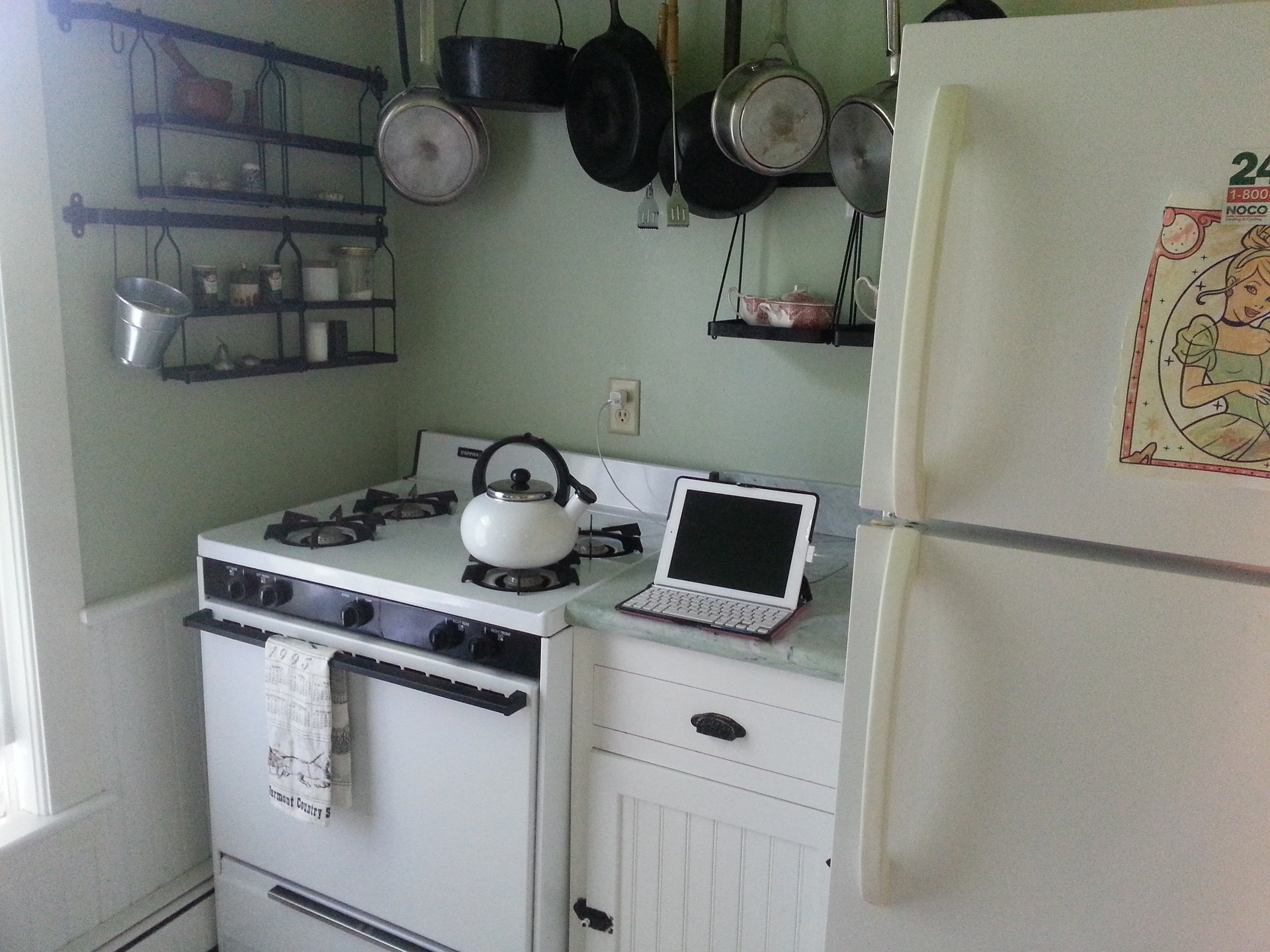Recycling Metals and Other Materials From a Refrigerator
If you’re considering recycling your old refrigerator, you should know that you can get a lot of useful stuff out of it. Copper, for example, is a valuable metal found in old power cords and computer cables. It also occurs in old plumbing pipes and cooking pans. Copper is also used to make electromagnets. Unlike copper, aluminum is not attracted by magnets, and you can find it in window frames, car hoods, bicycles, and other items.
Dismantling a Refrigerator
Refrigerators are a valuable source of metals and other materials. They can be recycled in various ways at refrigerator recycling Sussex County NJ, from metal cabinets to plastic liners. The metal components can be used to create new appliances, and parts can be reused to make new plastic, insulation, and glass. Unfortunately, recycling a refrigerator is not always as easy as it seems. Some refrigerators are too heavy to transport and require special disposal techniques. However, you can contact a company like JDog Junk Removal & Hauling to get rid of your old refrigerator.
Refrigerators contain various oil and coolants, which can be hazardous to the environment if not disposed of properly. They can also contain PCBs, which are probable human carcinogens. Specialists remove these materials before being recycled.
Sorting Recyclable Metals
The first step in recycling is to know the basic metals. Copper has a reddish color when in good condition, but when worn, it can turn brown and green. Aluminum is silver and looks similar to steel, but it will not stick to a magnet. Aluminum can be found in old automobile hoods, window frames, and bicycles.
Some of the most expensive items to be recycled are plastics and paper. These materials degrade during the recycling process, making them difficult to separate. This makes it difficult for people in the United States to do the job. Plastics can be separated using simple magnets, but metals require more sophisticated equipment. The value of recycled metals is equal to that of pure metals. Therefore, using specialized magnetic equipment is a great way to recycle.
Old appliances are also good sources of recyclable metals. Refrigerators, freezers, air conditioners, and washing machines can contain valuable materials. Some of these appliances might look rusted or broken, but inside they may have valuable parts. Because of this, it is important to disassemble appliances before handing them over. Most collection yards prefer scraps that are ready for recycling.
Safety Considerations
When you recycle metals and other materials from your refrigerator, be aware of the safety concerns you must consider. Some of these materials are flammable, such as mercury and the pilot light of gas appliances. There are special guidelines for the safe disposal of these materials, which may differ according to your community.
Cost of Recycling a Refrigerator
Recycling an old refrigerator is an important step for the environment. Even though it can be expensive to replace an inefficient refrigerator, recycling it can save energy and money. Many utilities will even pay to recycle it for you, and you can get paid as much as $75 per appliance. Some companies even offer free pick-up.
The process of recycling a refrigerator varies depending on where you live. Some states have laws prohibiting disposing of these appliances in landfills. For example, dumping a refrigerator in a landfill is against the law in California. Similar laws apply in other states, counties, and municipalities. These laws protect the environment by preventing the release of toxic materials, such as refrigerant and insulating foam. Additionally, many refrigerators contain ozone-depleting substances, or ODS, which are known to contribute to ozone depletion.
Refrigerators are made of various metals and plastics, but aluminum and copper are the most commonly used materials. This is because copper and aluminum are excellent thermal transfer materials, and they are used in modern appliances to increase efficiency and weight.

